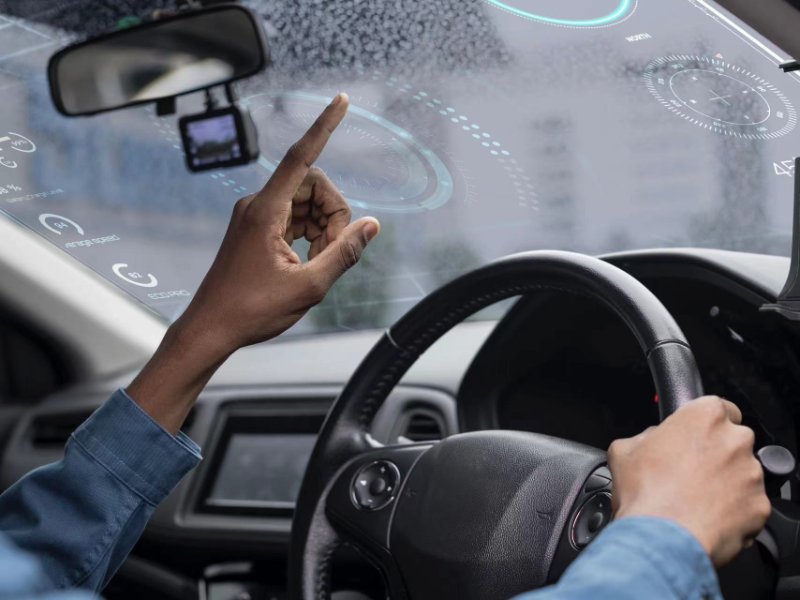- Self-driving cars enhance safety by reducing human error and maintaining consistent driving behaviour, leading to fewer accidents.
- Autonomous vehicles improve traffic flow and reduce congestion through optimised driving patterns and efficient use of road space.
- Self-driving cars offer environmental benefits by lowering emissions, reducing idling, and increasing the use of electric vehicles.
Self-driving cars, also known as autonomous vehicles (AVs), have the potential to revolutionise the way we travel. From enhanced safety to environmental benefits, these vehicles promise a range of advantages that could transform our transportation systems and improve our daily lives.
Also read: GM pioneers self-driving tech with CEO’s strong support
Also read: Softbank leads over $1 billion funding for self-driving startup Wayve
Enhanced safety
Reduction in human error: One of the most significant benefits of self-driving cars is the potential to reduce traffic accidents. Human error is a leading cause of road accidents, often resulting from distractions, fatigue, or impaired judgement. Autonomous vehicles are designed to eliminate these risks by relying on advanced sensors and algorithms to make precise and timely decisions.
Consistent performance: Self-driving cars can maintain consistent driving behaviour, adhering strictly to traffic laws and reacting appropriately to changing road conditions. This consistency can lead to safer roads and fewer accidents, as autonomous vehicles are less likely to engage in risky behaviours such as speeding or aggressive driving.
Improved traffic flow and reduced congestion
Optimised driving patterns: Autonomous vehicles can communicate with each other and with traffic management systems to optimise driving patterns. By coordinating movements and maintaining optimal speeds, self-driving cars can reduce traffic congestion and improve overall traffic flow.
Efficient use of road space: Self-driving cars can travel closer together in a safe and controlled manner, making more efficient use of road space. This can lead to reduced traffic jams and shorter travel times, particularly in urban areas where congestion is a common problem.
Environmental benefits
Lower emissions: Many self-driving cars are electric, contributing to lower emissions compared to traditional vehicles with internal combustion engines. By reducing fuel consumption and utilising clean energy sources, autonomous vehicles can help decrease greenhouse gas emissions and improve air quality.
Reduced idling: Improved traffic flow and reduced congestion also mean less idling time for vehicles. This further contributes to lower emissions, as vehicles are not wasting fuel while stuck in traffic.
Increased accessibility
Mobility for all: Self-driving cars have the potential to provide greater mobility for individuals who are unable to drive, such as the elderly, disabled, or those without a driver’s licence. This increased accessibility can enhance independence and improve the quality of life for many people.
Reduced transportation costs: By reducing the need for personal vehicle ownership, self-driving cars can lower transportation costs for individuals. Shared autonomous vehicle services can offer a cost-effective alternative to owning and maintaining a personal car.
Economic and social benefits
Job creation: The development and deployment of self-driving cars can create new job opportunities in various sectors, including technology, manufacturing, and infrastructure. These new roles can drive economic growth and innovation.
Enhanced productivity: With self-driving cars, passengers can utilise their travel time more effectively, engaging in work, leisure, or rest while the vehicle handles the driving. This can lead to increased productivity and a better work-life balance.

